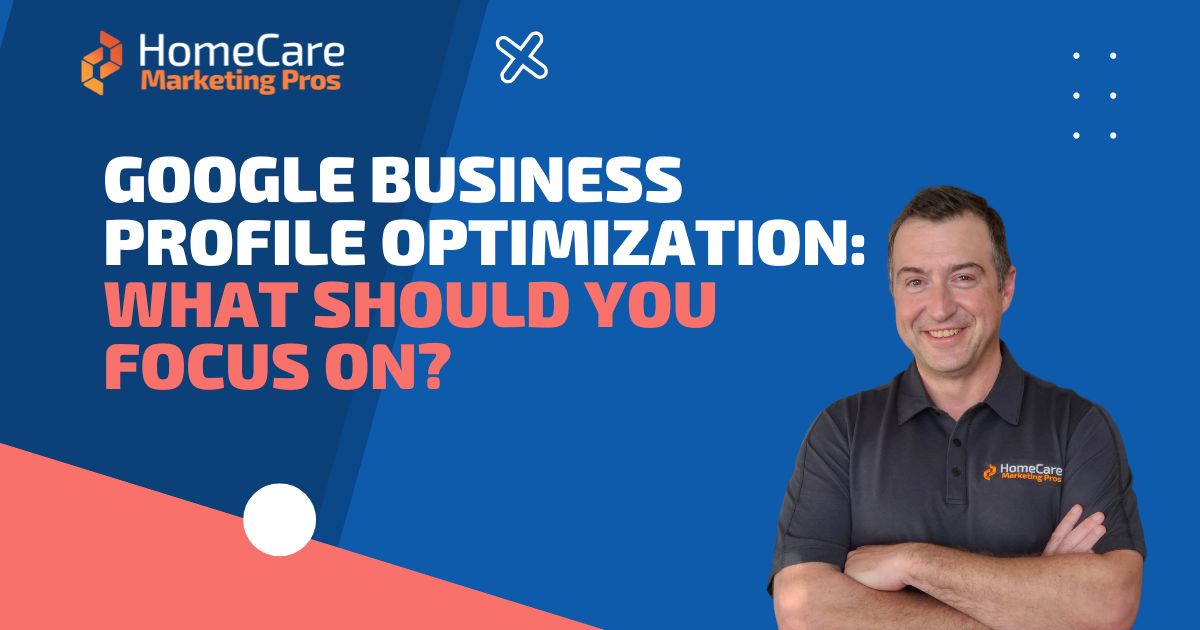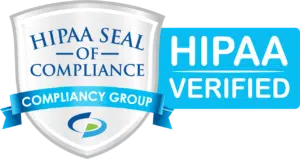Avoid These SEO Mistakes to Boost Your Home Health Care Agency’s Online Presence
Common SEO mistakes even seasoned SEO specialists can make—and how to avoid them.

Optimizing your agency website for search is one of the best and most cost-effective ways for potential clients to discover your business. Good home health care SEO strategy requires proper site structure, deep technical expertise, and thoughtful content creation.
There are plenty of SEO mistakes that are easy to make, even for folks who consider themselves well-versed in the art. Here are five of them.
5 SEO mistakes to avoid on your home health care agency's website
1. Relying on surface-level SEO
Search engine optimization is more than using a few industry keywords on your site and wisely choosing your navigation structure. These are only some of the most surface-level bits of SEO, and though they are absolute musts, they will not carry the organic traffic your site needs.
When building your SEO strategy, go one or two levels deeper. You should be asking your team questions like:
- What is our site speed?
- Do we update the sitemap on a regular basis? Has our schema been optimized?
- When was the last time we checked Google Search Console for website errors and spammy backlinks?
- Do we know the condition of our Core Web Vitals? Is there a plan in place for improving and maintaining these?
2. Ignoring the new people-first content update
In late summer 2022, Google started rolling out its Helpful Content Update. This update is intended to reward content that has been written for people first, not search engines first.
Now is the time to start auditing your site content to make sure you’re in compliance. Just because you haven’t seen any changes to your traffic and rankings so far doesn’t mean you won’t. Google said it could take some sites months to see how their traffic and rankings will be affected.
3. Not updating your old site content
One of the most important parts of aligning your agency website with the Helpful Content Update is making sure your old content meets Google’s criteria for “helpful.” Audit all of your website's pages, looking for:
- Duplicate pages and content
- Thin content, meaning pages that offer very little value to a visitor, either because they contain little to no information or because they’re stuffed with keywords and written for a search engine
- Mass-produced content or content written by content mills
- Blog posts and resources that aren’t backed with authority, which, in the case of a home care agency website, might mean blog posts that aren’t relevant to the field or specific medical claims that aren’t backed by data and expertise
- Keyword-stuffed pages (and an overall keyword-stuffed site)
- Under-utilized metadata, including poorly labeled metadata
Ignoring red flags like these is a major mistake that could make a serious dent in your SEO, and therefore cost you valuable leads.
4. Neglecting to build a multimedia strategy
Google SERPs (search engine results pages) are getting more diverse in the types of results they return. Google’s new “explore” feature gives users results that don’t exactly match the searched keyword or phrase, but are closely related. Along with written content, Google is now rewarding high-quality multimedia.
For example, if a user searches for the term home health care near me, they will be served a list of local home health care agencies, sometimes called a Local Pack. If that user keeps scrolling, they might discover Tweets about home health care or relevant social media accounts, long-form resources about in-home care, and local news stories about senior care.
Your SEO strategy should include opportunities to show up in those valuable multimedia results. Whenever possible, prioritize local SEO strategies to increase your chances of ranking in search results.
5. Neglecting readability and accessibility
Since Google’s Helpful Content Update, people-focused content has been the star of search engine optimization strategy. People-focused content is that which is easy for everyone to consume and delivers exceptional user experience. This means your home health care agency's SEO strategy must consider readability and accessibility.
Readability describes clear, concise, easy-to-read prose that is free of spelling and grammatical errors.
Accessibility describes making a website easy for everyone to use. This means people with visual impairments, hearing impairments, cognitive and neurological impairments, and physical impairments. Home care agencies are likely to have clients with experiences like these, so it’s of utmost importance to bring your site up to standard.
- To test your site’s accessibility, try Siteimprove’s WCAG Compliance Checker, which will identify accessibility problems and make recommendations for ways to fix them.
- The ADA also provides guidelines for website accessibility and recommendations for improvements.
Need help with your home health care agency's SEO strategy?
From SEO to website design, reputation management, social media, and more, Home Care Marketing Pros is here to help your home care or home health care agency! Book a Discovery Call with us today to see how we can help you get your agency where it needs to be!












